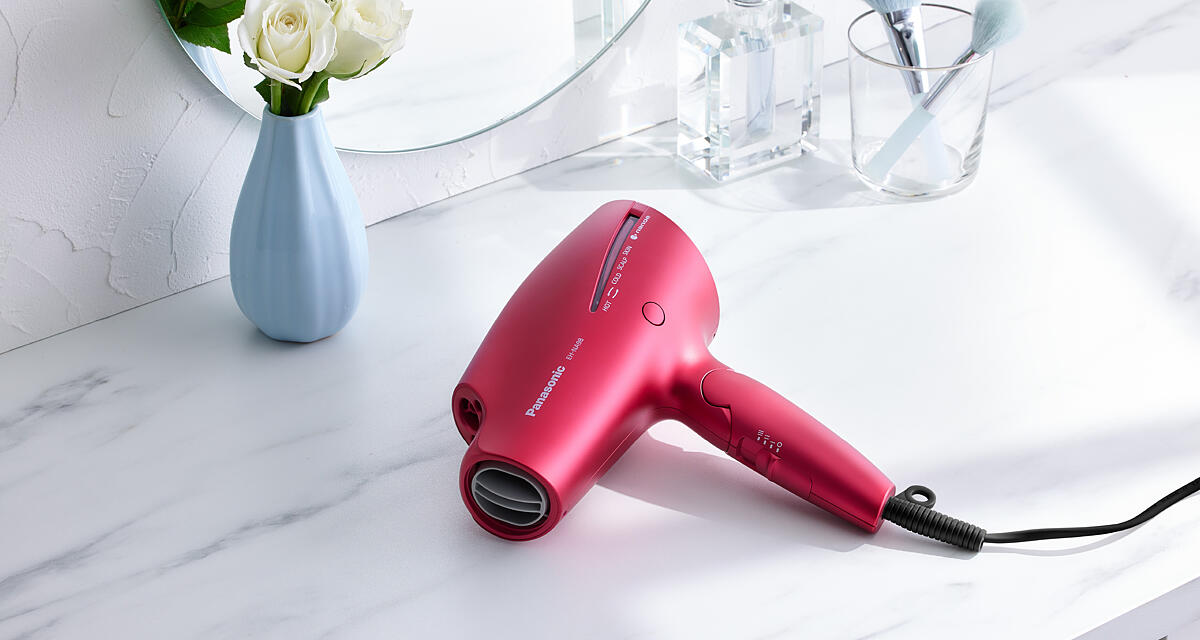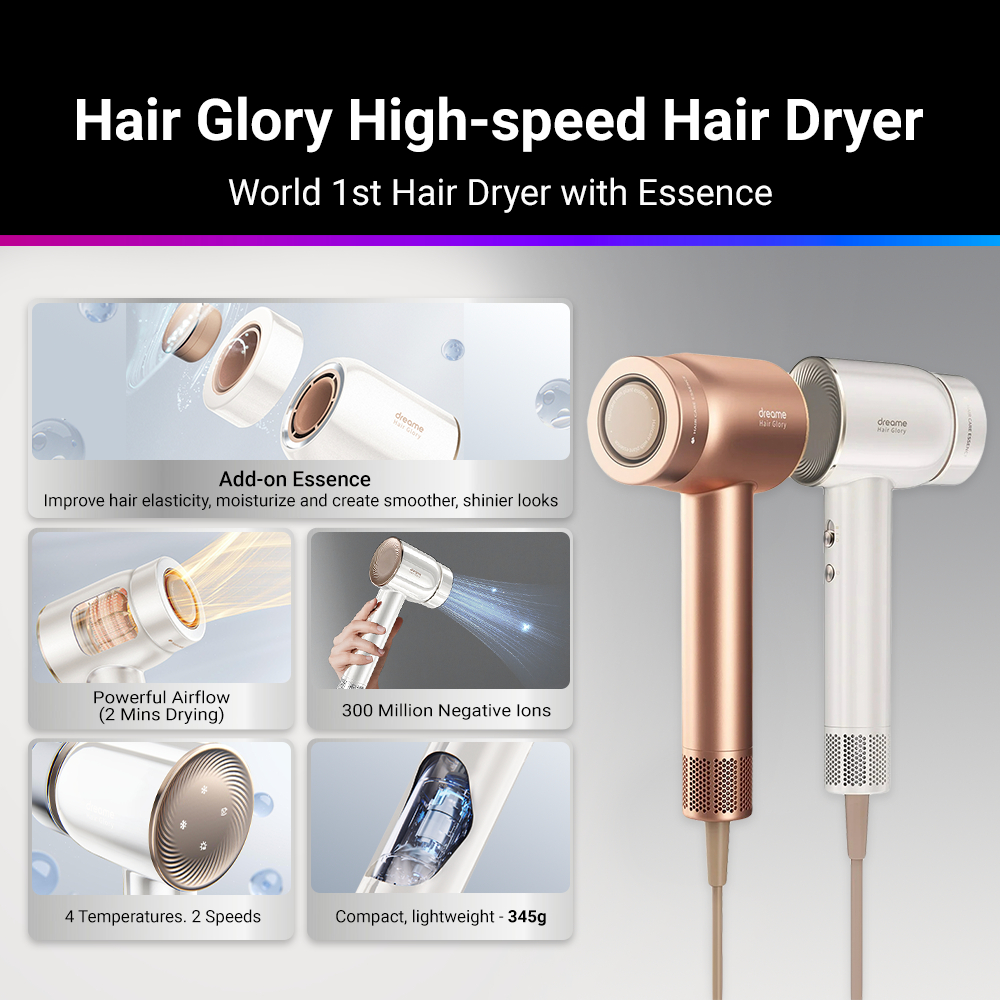Natural Air Drying vs. Blow Drying: Which is Best for Your Hair Health?

We all strive for luscious hair, but the journey to perfect hair isn't just about the products we use. How we dry our hair plays a significant role in its health and appearance. Today, we'll dive into the eternal debate: Natural Air Drying vs. Blow Drying. Especially in the humid climate of Singapore, understanding the pros and cons of each method is essential for people with medium to long hair.
Benefits and Drawbacks of Natural Air Drying:
Natural air drying offers a slew of benefits that nurture your hair's health. It minimizes exposure to heat, reducing the risk of damage and frizz. By allowing your hair's natural oils to settle, air drying maintains your hair's moisture balance. This method also reduces stress on your hair cuticles, leading to shinier hair. However, natural air drying requires patience as it takes longer to dry your hair, and uneven drying can result in flat roots and damp ends.
Benefits and Drawbacks of Blow Drying:
Blow drying is the go-to method for those in a rush, and it offers its set of advantages. It ensures quick drying, perfect for busy mornings. With the right technique, blow drying offers styling control, adding volume and smoothness to your hair. However, the intense heat from the dryer can lead to damage, frizz, and over-drying, especially if not done correctly. Hair professionals emphasize the importance of using a heat protectant and setting the dryer on a lower heat setting.
Considerations for Medium to Long Hair in Singapore:
For those of us in Singapore, the humid climate and frequent rain add complexity to the drying equation. Natural air drying might not be ideal during monsoons, and the humidity could make your hair lose its style. Blow drying, on the other hand, can help combat these issues. It's crucial to factor in these climate conditions when deciding which method to use.
Tips for Healthy Drying:
For air drying, gently squeeze excess water from your hair, avoiding vigorous rubbing that can lead to breakage. When blow drying, start with a heat protectant and choose a lower heat setting to prevent damage. Keep the dryer moving to avoid concentrating heat on one spot.
Product Recommendations:
1. The trending Dreame Glory Hair Dryer, popular on platforms like Shopee and TikTokShop, offers a 110,000RPM motor that generates a 70m/s airspeed* and 55m³/h air volume* for powerful drying. This separates wet hair to reach the roots and removes moisture from the scalp, enabling it to dry shoulder-length hair in as little as 2 minutes*. Its advanced negative ion technology, lightweight build, and precise temperature control make Hair Glory drying your hair quick, simple, and convenient.
2. Considered the all-rounder dream gift, the Dyson Hair Dryer is a premium choice. It's known for fast drying while minimizing heat damage, making it suitable for daily use. With various attachments, it's versatile for different hair types and styles.

3. If you're looking for comprehensive care, the Panasonic Double Mineral Hair Dryer EH-NA98 is a 360° solution for your hair, scalp, and skin. Its innovative technology ensures gentle drying, and the mineral ions contribute to overall hair health. Its unique Quick-dry nozzle generates strong and soft airflows to help separate hair strands, increasing the exposed surface area for fast drying.

Renowned hair professionals emphasize that while both methods have their place, understanding your hair's needs and the local climate is key. Consult with a stylist to determine what suits you best.
In the Natural Air Drying vs. Blow Drying debate, there's no one-size-fits-all answer. Your choice should be based on your hair type, lifestyle, and the weather conditions you often encounter. Remember, whether you air dry or blow dry, adopting healthy practices and using the right products will keep your hair looking their best.
Have you found your preferred drying method? Share your thoughts and tips in the comments below. Explore our recommended hair dryers for a healthier and more stylish hair care routine.







